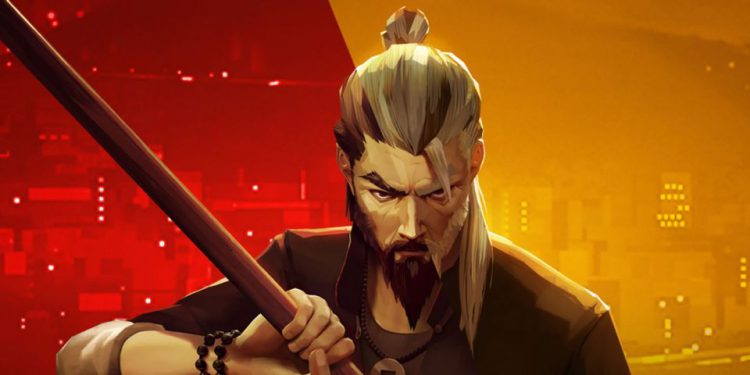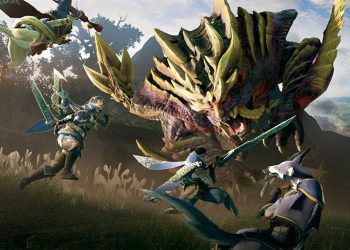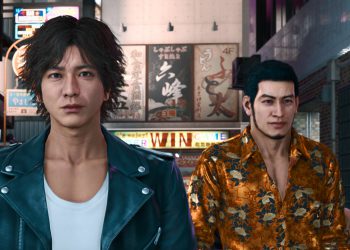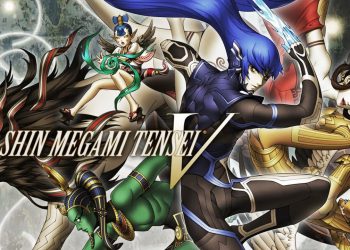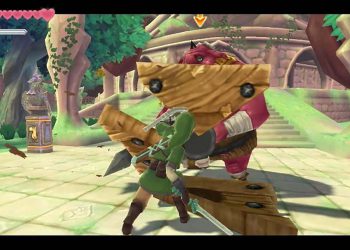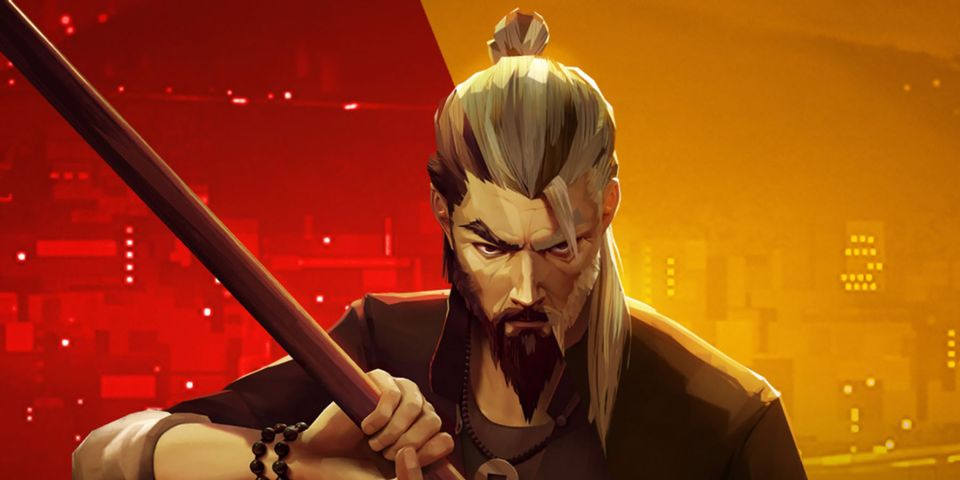
When Sloclap, the studio behind technical fighting techinques brawler Sifu, attempted to build its game, the Paris-based developers were aware of the unsavory history behind a Western company portraying East Asian cultures. “Through the 20th century, the Western entertainment industry has sometimes shown little care in the way they used elements from other cultures in their own productions,” Sloclap said.
Bearing that in your mind, the studio brought in both cultural advisors along with a kung fu master to make sure that Sifu achieved its goal of being an accurate and respectful homage to classic martial arts and action films. Game Rant spoken with Sloclap to speak about how the dev team accomplished that aim.
Sifu Tapped china Games Niche for Design Advice
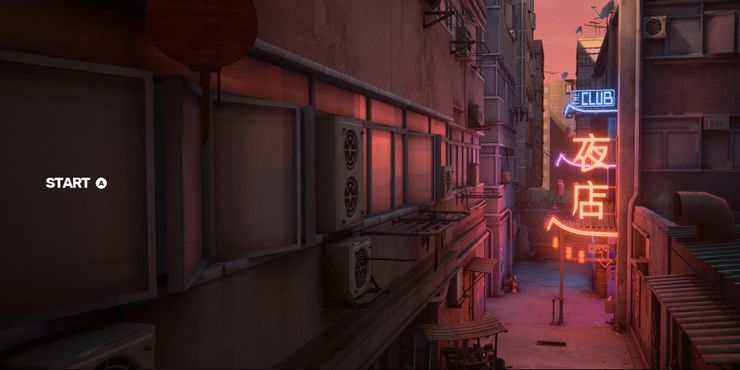
Sifu takes place in an environment clearly inspired by both Eastern martial arts films and Hollywood action movies: gritty industrial areas, neon-lit nightclubs, and glittering cityscapes. To accurately capture the game world, Sloclap said hello ran content reviews with consultants from Chinese game studios. Those reviews yielded feedback “on such things as displayed text and information on the environment’s design.”
The environment wasn’t the only real a part of Sifu’s design that the cultural consultants helped out. The gamer character’s design can also be according to feedback from Sloclap’s Chinese partners.
“Character artists from China gave us interesting feedback, and we learnt a lot about how exactly facial characteristics are perceived in China.”
The studio then changed the look of its main character according to that feedback, yet still time staying in keeping with the original creative intentions. Sloclap still wanted Sifu to possess “sharp and stylized art direction,” along with a main character whose features reflected “his status being an anti-hero driven by rage and vengeance.”
For the game’s score, Sloclap caused Beijing-based composer Howie Lee. Game localization for a Chinese audience was also vital that you the devs, based on the studio. Its Chinese partners helped translate dialogue and supervise Chinese voiceover recording, ensuring that localization was effective and authentic.
Sifu’s Martial Arts Gameplay Got Help from a Real-Life Kung Fu Master

Arguably, Sifu’s most significant element is its kung fu gameplay. Players are challenged to understand a slew of moves, dodges, and counters, which they employ in a number of environments against different enemy types. It’s just as important for players to understand fluid gameplay, too – stringing together combos to dispatch categories of enemies as soon as possible.
Sloclap’s design team spent “a lot of time and energy” focusing on the combat system. The studio aimed to “find the right balance between great looking and credible gameplay.” Some of that inspiration came from martial arts films themselves, but for the studio’s creative director, Indonesian film The Raid would be a major reference point for striking this type of balance.
“With Sifu, we desired to show authentic kung fu inside a serious and credible setting. The goal ended up being to achieve an immersive experience like a kung fu expert confronting dangerous situations.”
Sifu is not “a kung-fu comedy” or a movie like Crouching Tiger, Hidden Dragon with gravity-defying combat, Sloclap said. The sport more closely resembles the gritty realism of The Raid, swapping out the Indonesian martial-art of pencak silat with kung fu.
Naturally, Sloclap wanted its game’s actual combat to be as authentic as possible. For help on the matter, the devs turned to Benjamin Colussi, founder of Paris’s Lao Wei San-Pak Mei kung fu school. Colussi is really a kung fu master who studied for “multiple years” in Foshan, China.
Throughout the expansion process, Sloclap said that it was comfortable with its role as a Western studio putting together a kung fu game. “We were aware that making a game happening in China and focusing on kung fu culture would be a challenge for any French studio,” Sloclap said. “But we put in the effort to produce a geniune and well-documented work.” Still, the devs noted Sifu is really a work of fiction inspired by pop culture, and isn’t intended to be taken like a “documentary” about contemporary Chinese culture.
As for Sifu’s reception in China, Sloclap said the game had a “warm welcome and accolades.” To the studio, that reaction meant that its goal, to produce a respectful homage to classic martial arts cinema, kung fu, and Chinese culture, had been accomplished.
Sifu can be obtained now for PC, PS4, and PS5.


